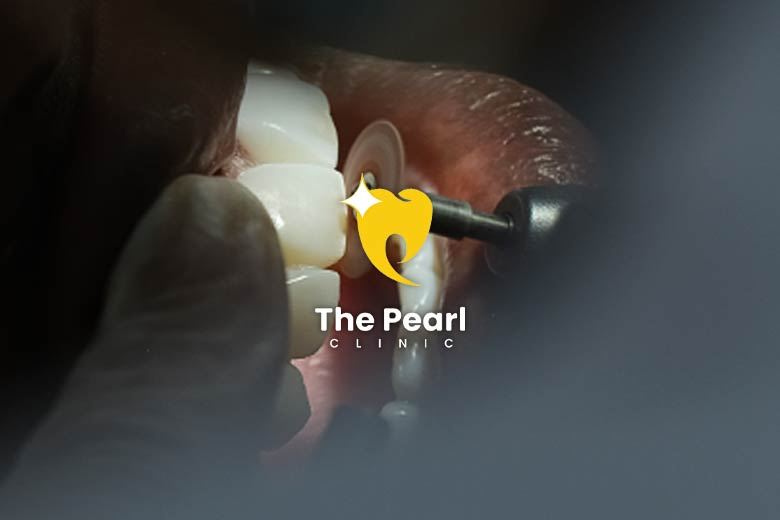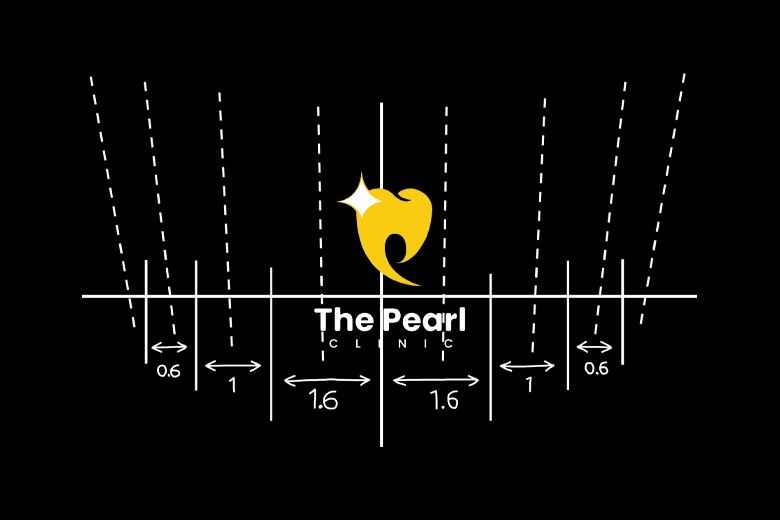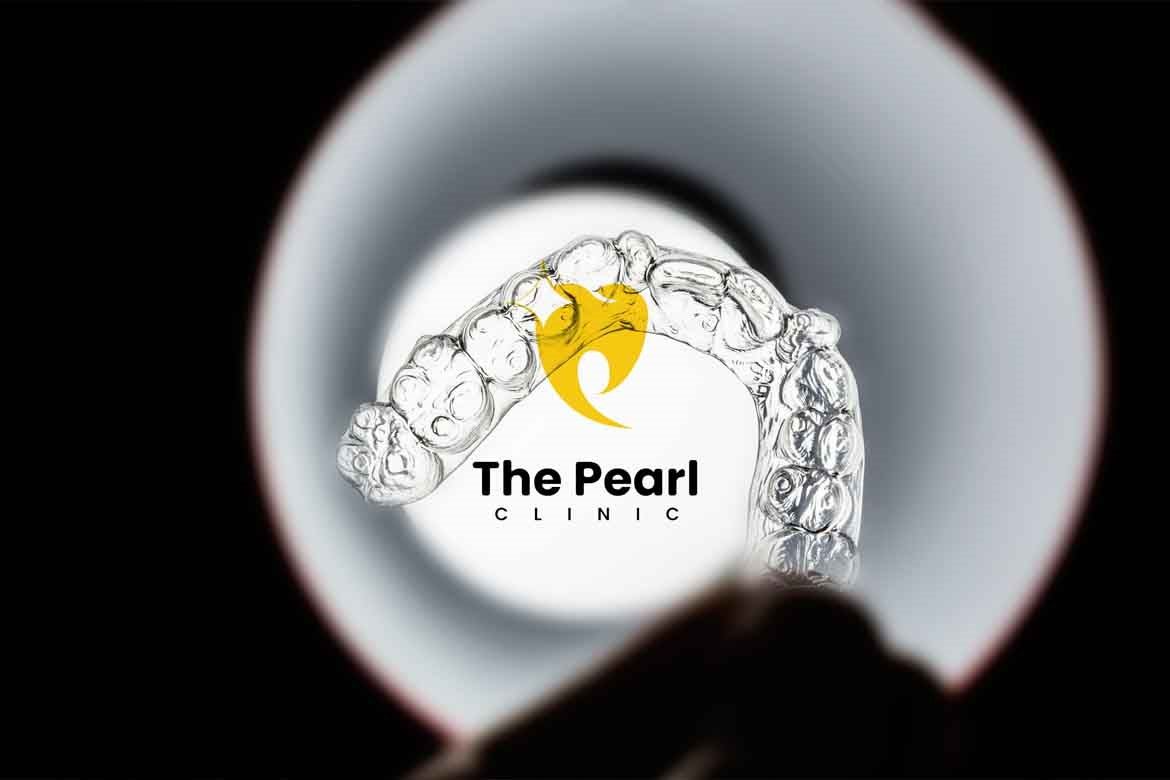Modern Solution for Tooth Loss: Is It Just One Screw?
One of the Most Common Dental Problems: Missing Teeth
Missing teeth is one of the most significant dental issues that many people face for various reasons. When teeth are lost or missing, patients may experience problems with chewing, speaking, and aesthetics. To address these issues, dental bridges or dental implants are applied to replace the missing teeth.
Why Do We Lose Teeth?
Here are the most common reasons for tooth loss:
- Extraction of teeth with significant material loss that cannot be treated with fillings, root canal therapy, or crowns.
- Removal of teeth with acute infections.
- Extraction of teeth that lose their support due to bone loss or gum disease.
- Removal of teeth that show no positive response even after apicoectomy surgery for root infections.
- Extraction of teeth left as only roots due to trauma or childhood accidents.
- Removal of teeth that may cause infections.
Tooth extraction is not a preferred procedure for either dentists or patients. However, it sometimes becomes necessary. Dentists strive to prolong the lifespan of teeth with root canals or crowns, but despite all efforts, some teeth may require extraction. When this point is reached, it’s essential to think about treatment options and create an appropriate treatment plan to eliminate the gap caused by the missing tooth.
Why Fill Tooth Gaps Immediately?
Teeth are living structures. If a tooth gap is not treated, surrounding teeth will begin to shift toward the space. Similarly, neighboring teeth may tilt sideways to close the gap. If a gap remains unfilled for more than a year, there may not be enough space left for future treatments like bridges or implants. For this reason, it is vital to decide on a bridge or implant treatment once the extraction site has healed.
What Are Dental Implants, and Who Can Get Them?
A dental implant is an artificial tooth root made of titanium, designed to be placed in the jawbone to replace missing teeth. The implant procedure involves two stages:
- Placement: The implant is surgically placed into the jawbone.
- Restoration: A crown or prosthesis is attached to the implant, mimicking the function of a natural tooth.
Implants are suitable for anyone whose jawbone and facial development have been completed, typically 18 years or older. They can even be applied to individuals with controlled diabetes.
Advantages of Dental Implants
In traditional bridge treatments, the adjacent teeth are reduced to anchor the bridge for a single missing tooth. However, with implant surgery, there is no need to touch healthy teeth. Many dentists now consider using healthy teeth for bridges a secondary option.
For patients with total tooth loss, dental implants offer a practical and aesthetic solution compared to removable dentures, which can be difficult to use.
Addressing Fears About Dental Implants
One of the biggest concerns among patients considering dental implants is the fear of visiting the dentist. Thanks to advancements in technology, dental treatments, including implant procedures, are now painless.
If you still struggle with dental anxiety, we also offer sedation and general anesthesia techniques to help you feel comfortable during your treatment.
What If There Is Insufficient Bone for Implants?
In some cases, patients may not have sufficient bone quality or density for implants. If this is the case, advanced techniques like sinus lifting or bone grafting are used to improve bone structure, allowing successful implant placement.
Who Performs Dental Implants?
At our clinic, implant treatments are carried out by our Oral and Maxillofacial Surgery Specialist, who has over 12 years of experience and performs surgical procedures almost daily.
Click here to contact us or fill out our contact form. Let’s start your journey to a brighter smile today!












Do Comment